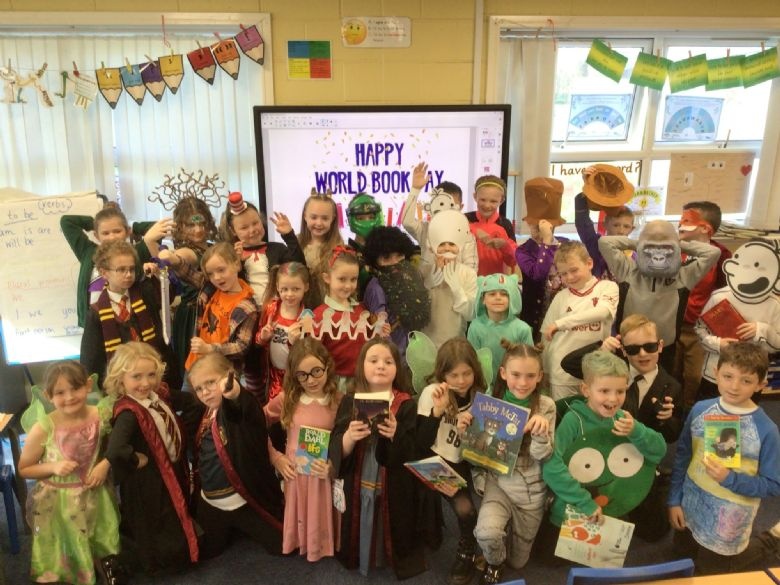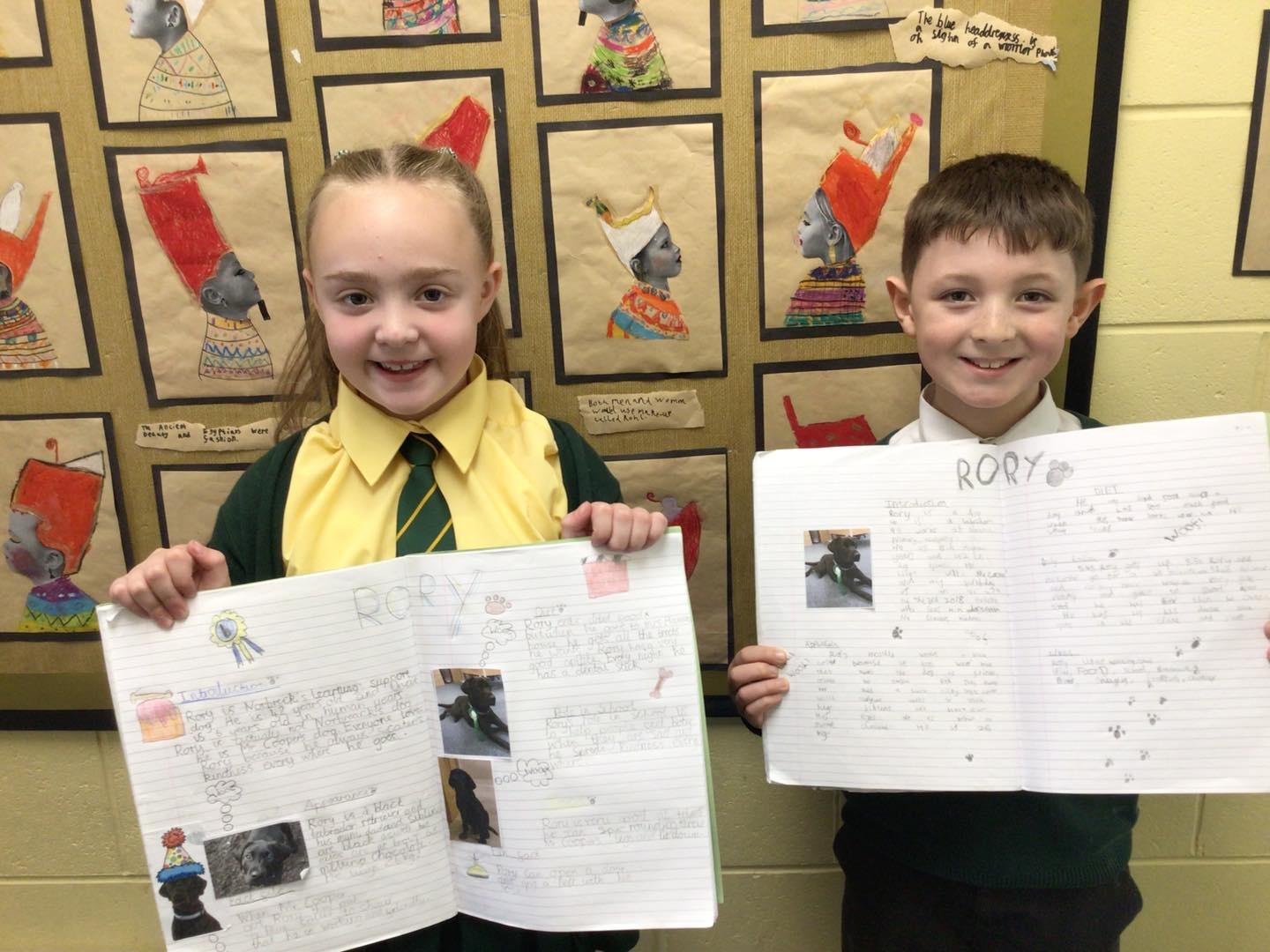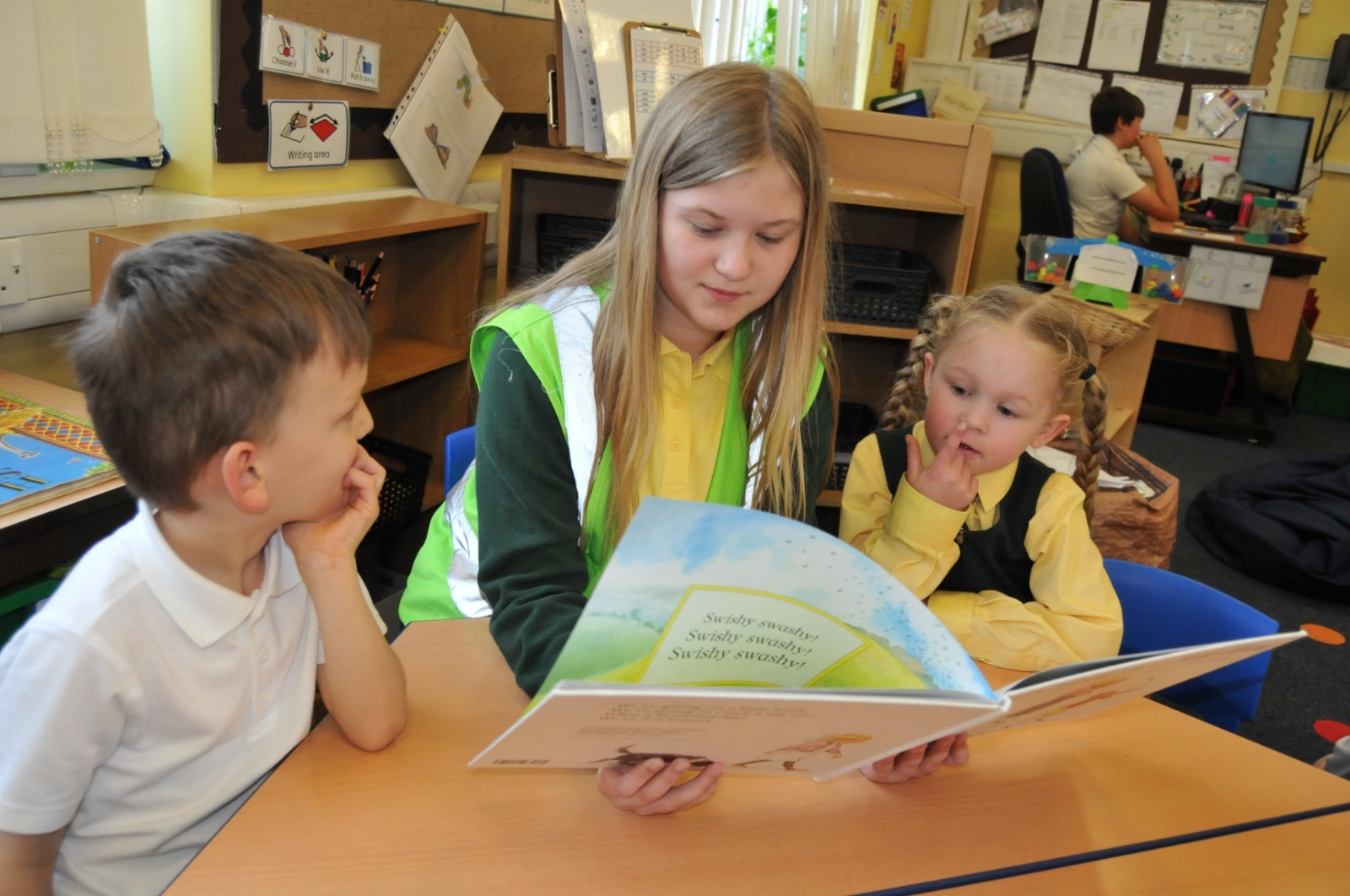English
"One child, one teacher, one book, one pen can change the world."
Malala Yousafzai
Our Intent
At Norbreck Primary Academy, our curriculum is designed to foster comprehensive literacy skills, encompassing reading, writing, and oracy. In our reading curriculum, students engage with a diverse range of texts, spanning various genres and formats, to develop their comprehension, critical thinking, and analytical abilities.
Through guided reading sessions, independent reading tasks, and interactive activities, pupils cultivate a love for literature while honing their decoding, fluency, and inference skills. Reading for pleasure holds a high profile at Norbreck and our intent is for our children to become life-long readers.
In the realm of writing, students are empowered to express themselves creatively and effectively. Our writing curriculum emphasises the development of essential writing techniques, such as grammar, punctuation, and sentence structure, within the context of narrative, persuasive, descriptive, and informational writing. Through scaffolded writing tasks, peer feedback, and revision processes, pupils refine their writing craft, build confidence in their abilities, and produce meaningful and coherent written compositions.
Oracy holds a central place in our curriculum, recognising the vital role communication skills play in academic success and personal development. Through structured speaking and listening activities, classroom discussions, and presentations, students develop their ability to articulate ideas, engage in respectful dialogue, and communicate effectively with their peers and teachers. Moreover, oracy skills are integrated across the curriculum, enabling students to express themselves confidently and persuasively across various subject areas.
By integrating reading, writing, and oracy into our curriculum, Norbreck Primary Academy equips students with the essential literacy skills and competencies needed to succeed academically, thrive in a rapidly changing world, and become lifelong learners and communicators.
Cultural Capital
Cultural capital is the gathering of knowledge, behaviours and skills that a child can draw upon to be successful in society, their career and the world of work. As part of our English curriculum, we aim to develop cultural capital in the following ways:
*vocabulary-rich lessons, with children exposed to subject-specific vocabulary.
*Oracy is at the heart of our curriculum and talk is widely valued at Norbreck.
*Opportunities to perform and recite poetry.
*Children are exposed to a wide range of books and authors.
*Given opportunities to develop an understanding of the world through a range of high-quality non-fiction texts in all subjects.
*Theatre visits take place in school annually, so all children have the opportunity to experience a theatre performance.
*Early Years visits to the local library.

How we Implement English at Norbreck
At Norbreck Academy, our literacy curriculum is designed to cultivate effective readers and instill a lifelong love of reading. We prioritise accurate, fluent, and comprehensive reading skills, encouraging thoughtful responses to diverse texts. Our approach incorporates a broad spectrum of literature, including modern and traditional works from various cultures, to enhance cross-curricular learning and develop referencing skills.
Daily discrete phonics sessions in Reception and Year 1 follow the Little Wandle Letters and Sounds Revised program, ensuring a strong foundation in phonics. Reading practice sessions, using decodable books aligned with students’ phonics knowledge, focus on decoding, prosody, and comprehension. Additionally, children select ‘sharing books’ weekly to enjoy with their families, fostering a love of reading.
In Key Stage 2, whole-class guided reading sessions employ the VIPERS framework (Vocabulary, Inference, Prediction, Explanation, Retrieval, Sequence/Summarise) to deepen comprehension. From Year 3, the Accelerated Reader program monitors and motivates independent reading practice, offering feedback to guide ongoing development.
Writing skills are nurtured through a structured approach beginning with the fundamentals of grammar, punctuation, and sentence structure. Transcription skills of spelling and handwriting are embedded in Reception and Key Stage One. These are further built upon throughout Key Stage Two. We follow Little Wandle and Nelson Thornes handwriting scheme and use this font throughout the school. Oracy is emphasised to enhance speaking and listening skills, facilitating effective communication and comprehension across the curriculum. Vocabulary is expanded through targeted activities and high-quality texts, with key terms displayed in classrooms to reinforce learning.
Our comprehensive literacy program ensures that pupils at Norbreck Academy become confident, competent readers and writers. By engaging with a wide variety of texts and participating in structured reading and writing activities, students develop a deep appreciation for literature and improve their comprehension and expressive abilities. The integration of phonics, guided reading, and independent reading programs like Accelerated Reader leads to measurable improvements in reading fluency and understanding.
Students’ ability to decode, interpret, and enjoy texts from different genres and cultures broadens their horizons and enhances their academic and personal growth. The focus on oracy and vocabulary development equips children with essential communication skills, fostering a supportive environment where language is a central tool for learning. Overall, our literacy curriculum at Norbreck Academy lays the foundation for lifelong reading and writing, preparing students for future academic success and enriching their lives through the joy of literature.
English long term plan
World Book Day 2025
I liked skipping around like Red Riding Hood
Lola - EYFS
World Book Day is good because reading makes me nice and calm. George’s Marvellous Medicine is my favourite book and I’m nearly at the end.
Raea - Year 2
We made bookmarks and wrote about our favourite character.
Year 2 child
I’ve been learning about the very hungry caterpillar. It ate one apple, two pears, three plums and five strawberries. He was not a small caterpillar, but a big, fat caterpillar. He made a chrysalis and then he turned into a beautiful butterfly!
Emily - EYFS
My favourite part of World Book Day was reading with Scarlett in Year 5.
Scarlett Year 1
I liked making a rap about books and reading with the Year 1 children.
Scarlett Year 5
Gallery
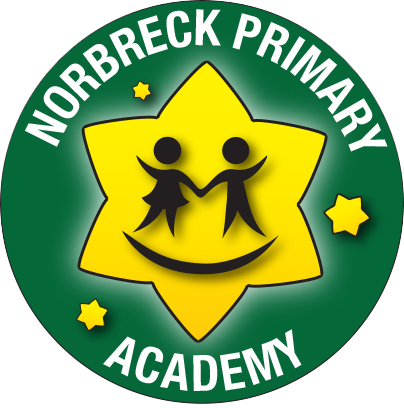
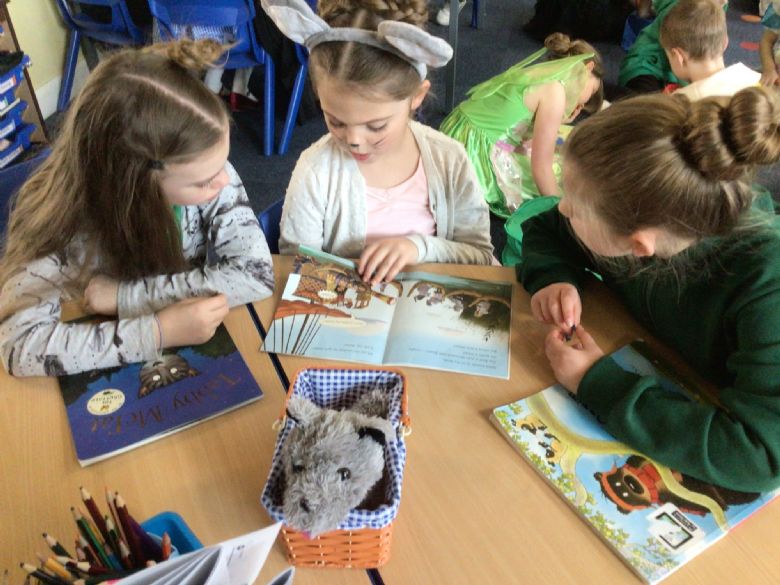


1).jpeg)
1).jpeg)
1).jpeg)
1).jpeg)
.jpeg)
.jpeg)
.jpeg)
.jpeg)
.jpeg)
.jpeg)
.jpeg)









.jpeg)
.jpeg)
.jpeg)
.jpg)
1).jpg)
.jpg)
.jpg)
.jpg)
.jpeg)
.jpeg)
.jpeg)







.jpeg)
.jpeg)
.jpeg)
.jpeg)
.jpeg)
.jpeg)
.jpeg)


.jpeg)
.jpeg)
.jpeg)
.jpeg)


